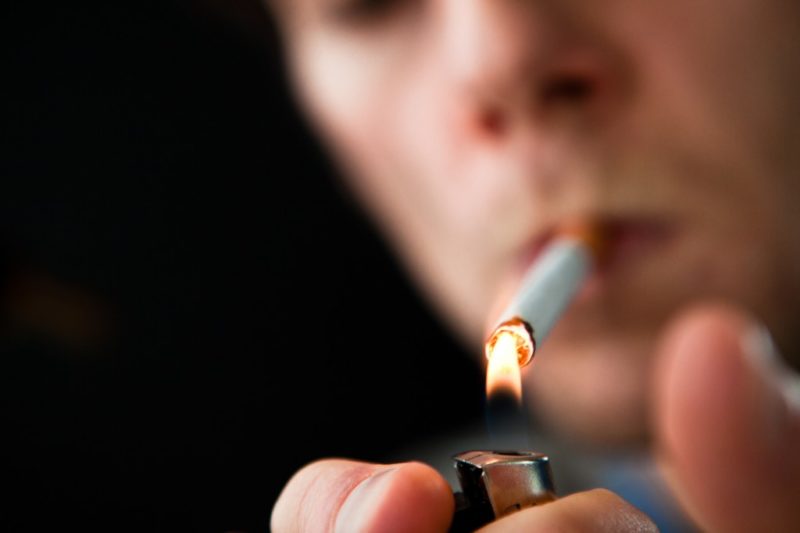
Share On Social!
Guest Blog by Smokefree Apartments Los Angeles
Today, due to lack of affordable housing, more Latinos are renting instead of owning homes, and make up nearly 20% of the renter population nationwide.
Exposure to secondhand smoke (SHS) is occurring as more Latinos are moving into multi-unit housing. One out of three renters reporting SHS drifting into their homes, according to a recent UCLA study by the Center for Health Policy Research.
Even more troubling: comparatively the Latino community is disproportionately exposed to SHS at work and at home. The same UCLA survey indicated 41% of Latino renters responding SHS was an issue in their apartments.
Many are unaware SHS can drift into your apartment through vents, windows, and doors—even when closed—as well as pipes, electrical sockets, cracks or walls.
Why should you care about secondhand smoke at home
While smoking rates have gone down, health practitioners and the public are now paying more attention to the health impacts from SHS.
There is no safe level of exposure to SHS, which contains almost 7,000 chemicals (70 that are cancer causing), according to the Surgeon General. SHS contributes to heart and lung disease as well as respiratory illnesses and asthma in children.
Cancer, heart disease, and stroke are among the leading causes of death among Latinos.
We also know third-hand smoke, the residue tobacco smoke leaves behind, affixes to skin, clothes, and surfaces, and is especially harmful to children.
As a result, we have seen a rise in public smoking bans to protect people from unwanted SHS. Yet, housing protections lag far behind.
Why you should speak up about secondhand smoke
While Latinos smoke less and are less likely to allow smoking in their homes, they are also less likely to speak up if SHS by a neighbor is a problem.
Why? Fear of reprisals from neighbors or even building management.
“Renters should not be afraid to speak up. Often they have been misinformed,” said Marlene Gomez, Project Manager for Smokefree Apartments Los Angeles at UCLA and the Center. The project works with tenants and landlords to educate about the benefits of smokefree living and encouraging voluntary smokefree policy adoptions.
What to do when you are dealing with secondhand smoke in your home
- Check your lease or rental agreement for rules about smoking.
- If the smoke is drifting from a neighboring unit, have a polite discussion with your neighbor about how the SHS is affecting you and your family and strategize possible solutions.
- Report the issue to the manager or landlord. Also give them your complaint in writing and keep a copy for yourself.
- Keep a record when exposed to SHS: dates, times, how long.
- Check with Your Doctor if SHS is worsening your family’s health. Ask for a doctor’s note as you may be eligible for a Fair Housing accommodation.
- If the problem has not been solved, ask to be released from the lease or have your landlord move you to another unit, or to another property if available.
“Renters have options, and the reprisals of eviction, rent increases, and other punitive measures are outside the law,” Gomez said. “Constructive dialogue can take place between renters and landlords and change can happen.”
“Additionally organizations, like ours, exist to aid tenants such as Americans for Nonsmoking Rights or your local chapter of the American Lung Association.”
Explore More:
Healthcare AccessBy The Numbers
25.1
percent
of Latinos remain without health insurance coverage



